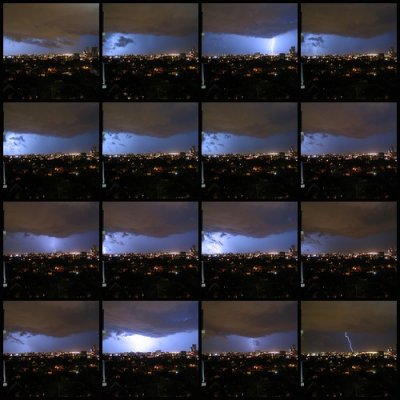
For years I’ve hoarded some of my stranger and darker experiences, with the intent of twisting parts of them into my novel. My narrator is not — and never was supposed to be — me, but I’ve inflicted many events from my own life on her. Even when they didn’t fit.
Recently I’ve been writing nonfiction about some of these experiences. Initially the essays felt like a distraction from the larger, far more urgent (pretend the last four words are encased in giant quotation marks) work of my book, not to mention uncomfortably revealing. But now I believe getting them out of my system is helping me focus on the story I’m really trying to tell.
The vast accumulation of crazy things I need to fictionalize and fit into my novel somehow had become the major impediment to finishing the book — the reason the story was so unwieldy and bloated. I’m guessing this is a common problem for first novelists.
Now I’m trying to stay mindful of Twain’s advice: “A successful book is not made of what is in it, but what is left out of it.”
Photo mosaic of a thunderstorm over Miami swiped from Eugenia y Julian.